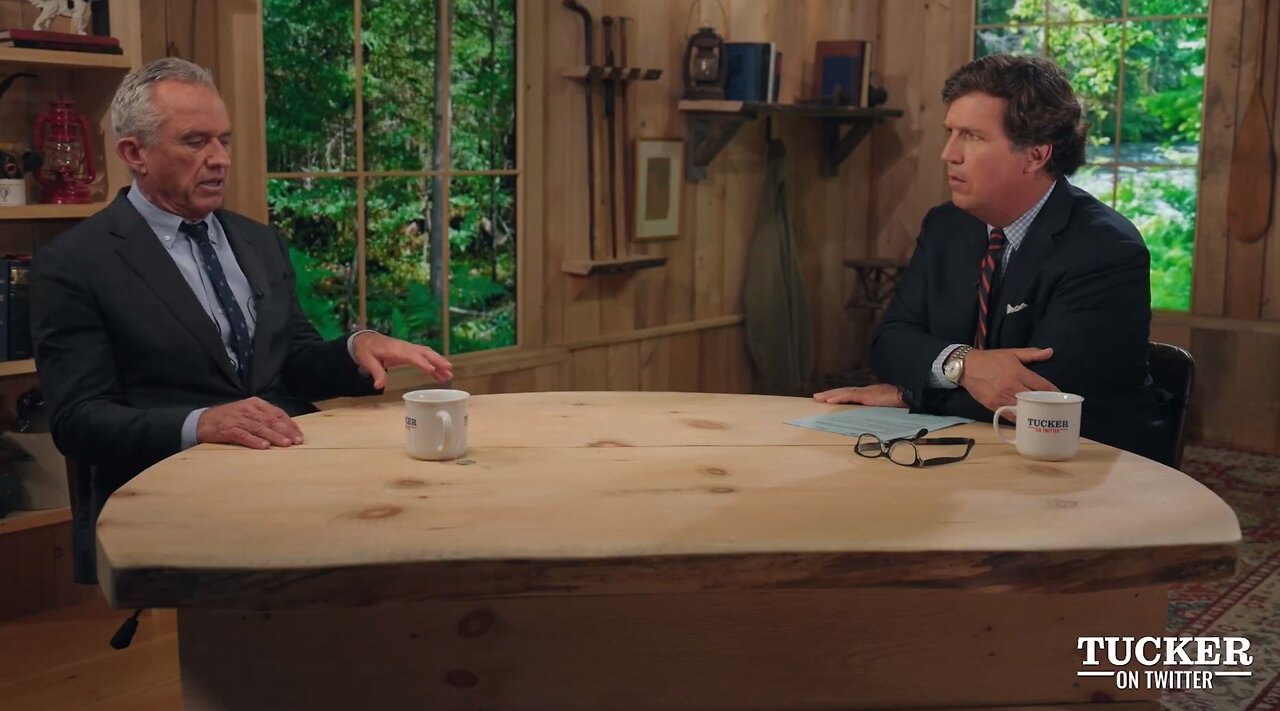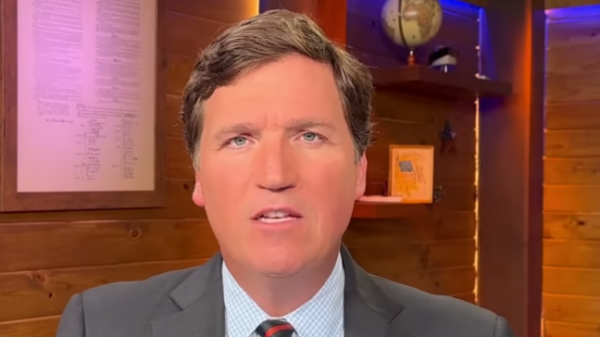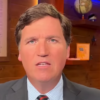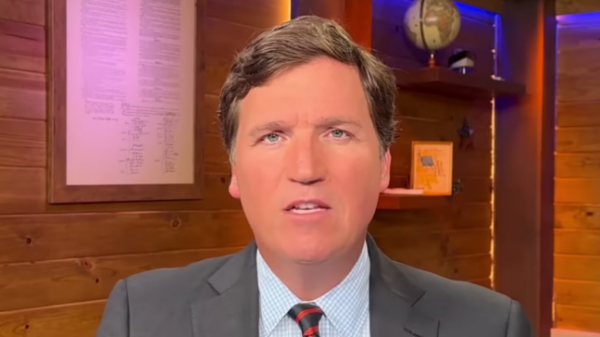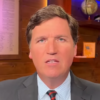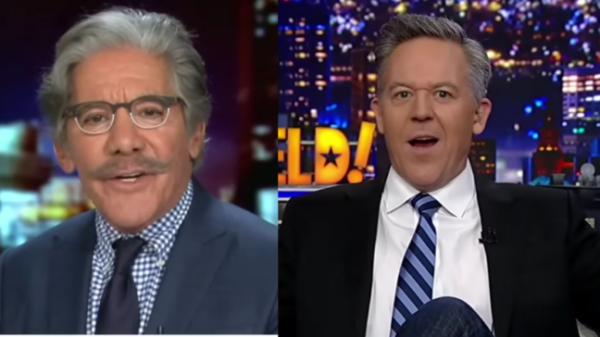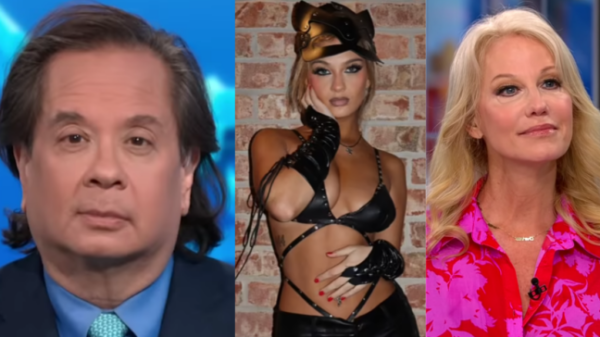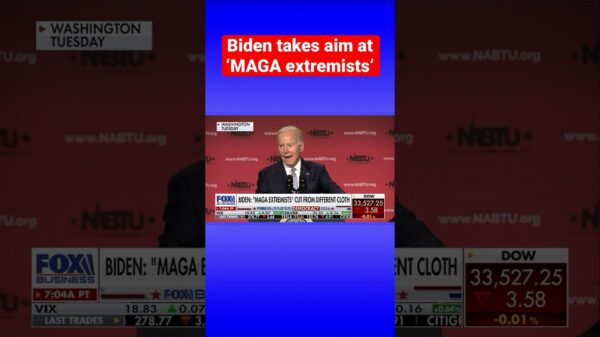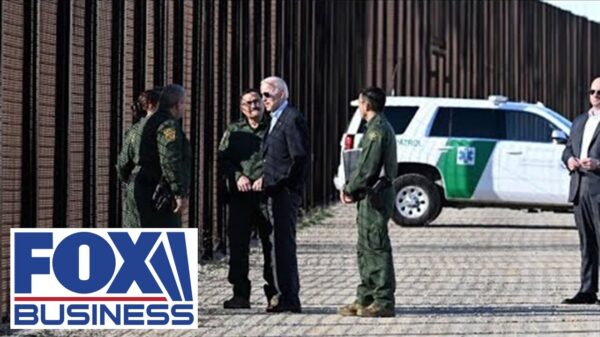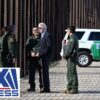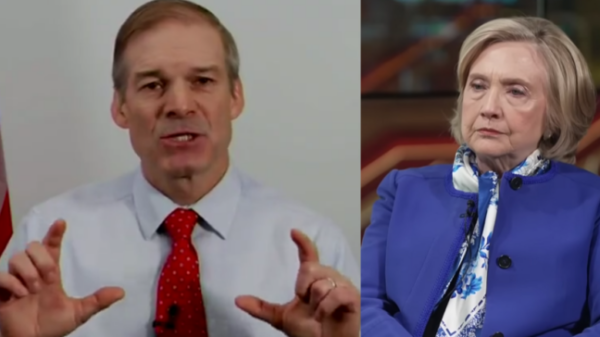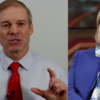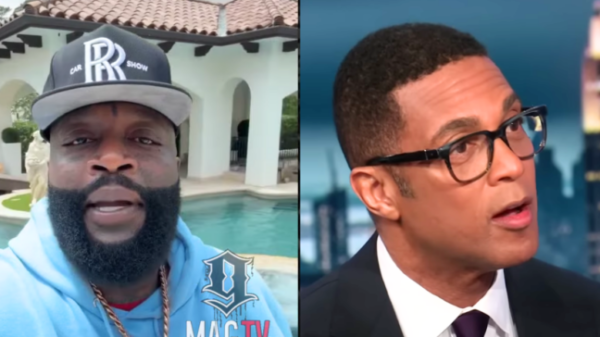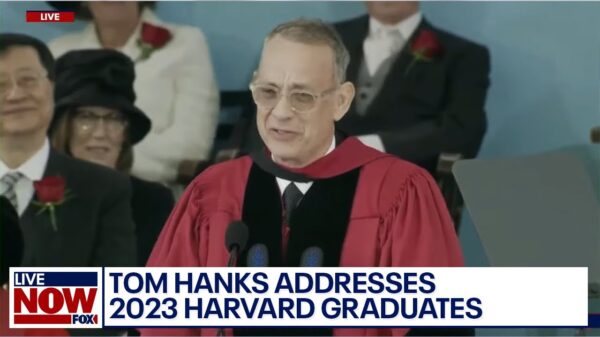2024 Democratic presidential candidate Robert F. Kennedy, Jr. has come full circle in his views about the border and immigration, abandoning his liberal views and converting to a conservative view after an eye-opening three-day trip to the southern border, he said.
“What I saw was so extraordinary that it took me three days to even understand what I was looking at,” Kennedy said during an interview with right-wing host Tucker Carlson that aired late Monday.
Kennedy, the nephew of former President John F. Kennedy, Jr. and son of former Sen. Robert Kennedy, said he originally viewed the border through the same lens as President Joe Biden at the start of 2021.
“The Biden administration came in the same position … which is, ‘The wall is bad’ — more importantly, any idea that Donald Trump had is a bad idea. So, they just open the border, and they’ve had the open border policy,” said Kennedy, an environmental lawyer and politician.
Ep. 16 RFK Jr. explains Ukraine, bio-labs, and who killed his uncle pic.twitter.com/RMr5VZVqSM
— Tucker Carlson (@TuckerCarlson) August 14, 2023
Kennedy said he came around to seeing the value in barriers on the international border earlier this summer.
“I was a person who ridiculed Trump’s wall,” he said. “A lot of people come to this issue from a sort of nationalistic or even a racist or a xenophobic posture, and I’m not coming from that place. I’m coming from a place of compassion and a place of just concern for our country. … What’s happening to our country is a catastrophe.”
Kennedy visited the border city of Yuma, Arizona, in early June, where he described being stunned at the variety of people who crossed the border and how virtually none had come to seek asylum.
He visited a portion of the border in Yuma where gaps between border wall projects allow noncitizens to walk right through and into the United States. The gaps were left after Biden halted all border wall construction funded during the Trump administration, though some are in the process of being filled in by the Biden administration.
Kennedy described arriving at the site at about 2 a.m. and watching as buses were unloaded in Mexico and people stepped off and walked right through the gaps and surrendered to Border Patrol agents.
More than 100 young adult men from West African countries were on site, followed by arrivals of people from Azerbaijan, Kazakhstan, Pakistan, Nepal, Tibet, India, and Uzbekistan.
Kennedy said he only encountered two families that were from Latin America. One described having their two daughters torn from them by smugglers and separated, not knowing if they would see their children again.
“They were the only ones who had legitimate claims of asylum,” Kennedy said. “Everybody else we talked to came for a better life.”
“So, now I’ve been down there and talked to everybody down there and … I have a different position. I don’t think you need a 2,200-mile physical barrier from San Diego to Brownsville, Texas, but we definitely need physical barriers in densely populated area, definitely because we cannot survive what’s happening here,” Kennedy said.
Kennedy walked away from the trip with the view that immigrants who entered the country illegally and then were released to live in the country for an average of seven years before their first day in immigration court would continue to be victimized.
“There’s a lot of people who are well-meaning, mainly liberal people who care who see themselves as deeply caring people who say we should have sanctuary cities and … these people should be treated with dignity,” Kennedy said. “They are now subject to terrible exploitation by unscrupulous employers all over this country. They’re getting paid $6 or $5 an hour because they have no leverage.”
The result, including 95,000 people who were sent to New York City and sought help from the city government, is “crushing” the social safety systems, he said.
“Seven million have come across in three years — 7 million illegally,” Kennedy said. “And that same time there’s only been 3.1 million legal immigrants. These are the people who waited in line.”
“It’s not something that’s sustainable,” Kennedy continued. “The Mexican drug cartels are literally running U.S. immigration policy.”
![]()

